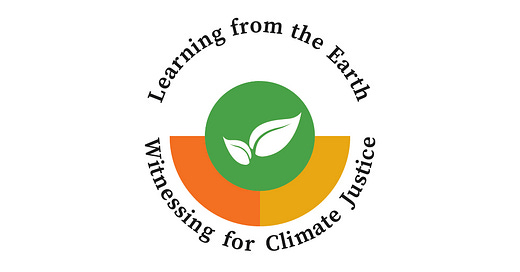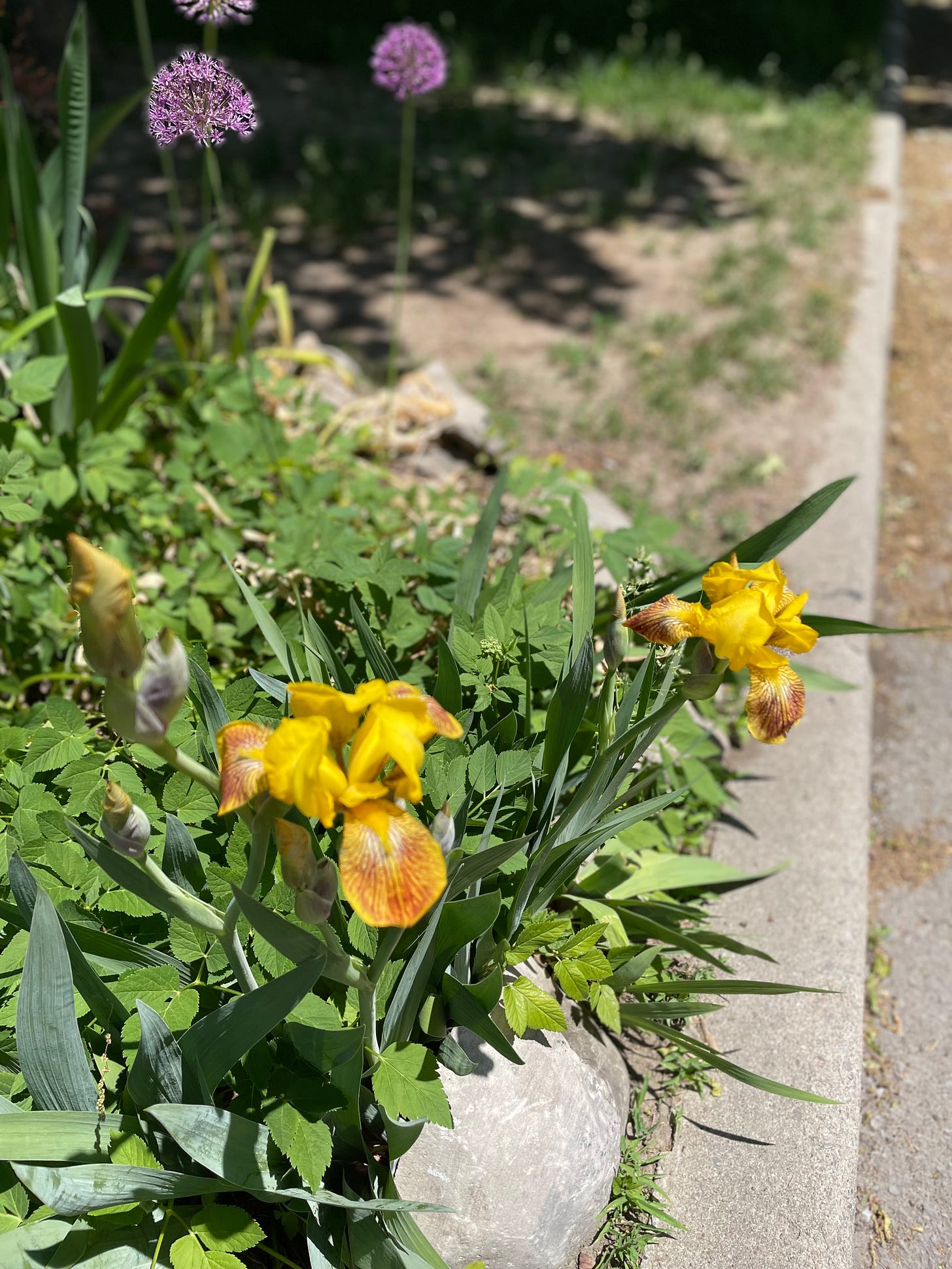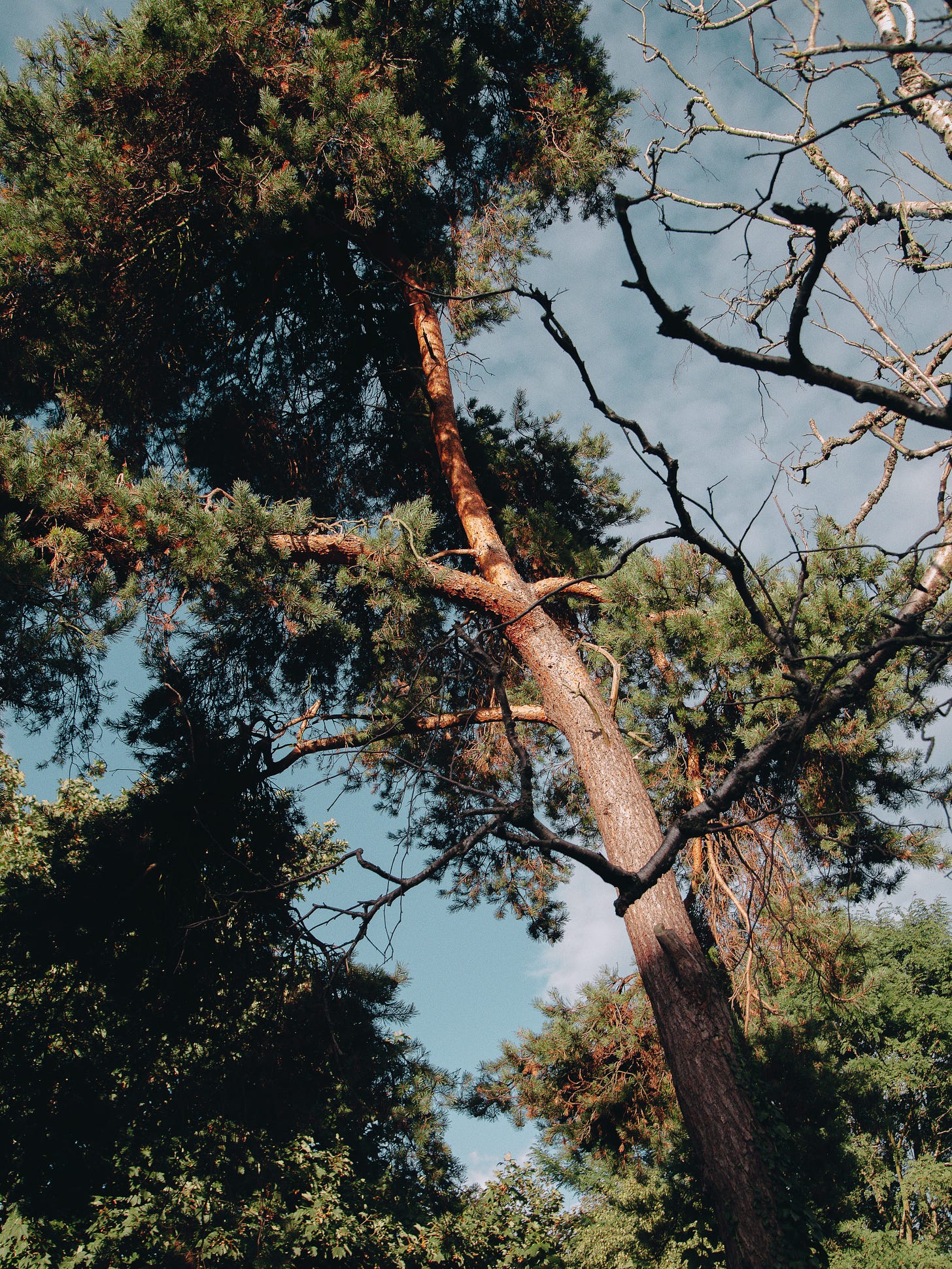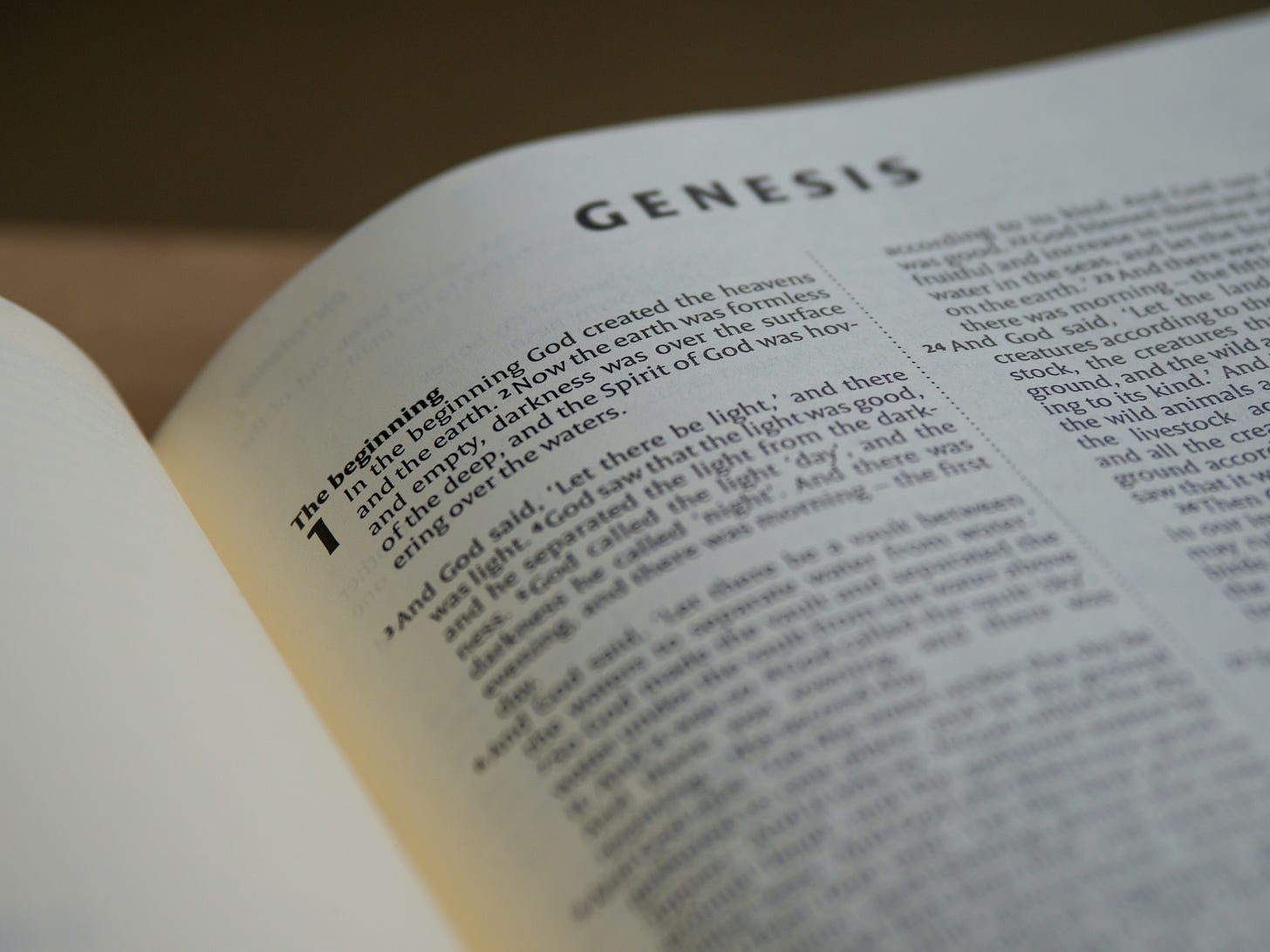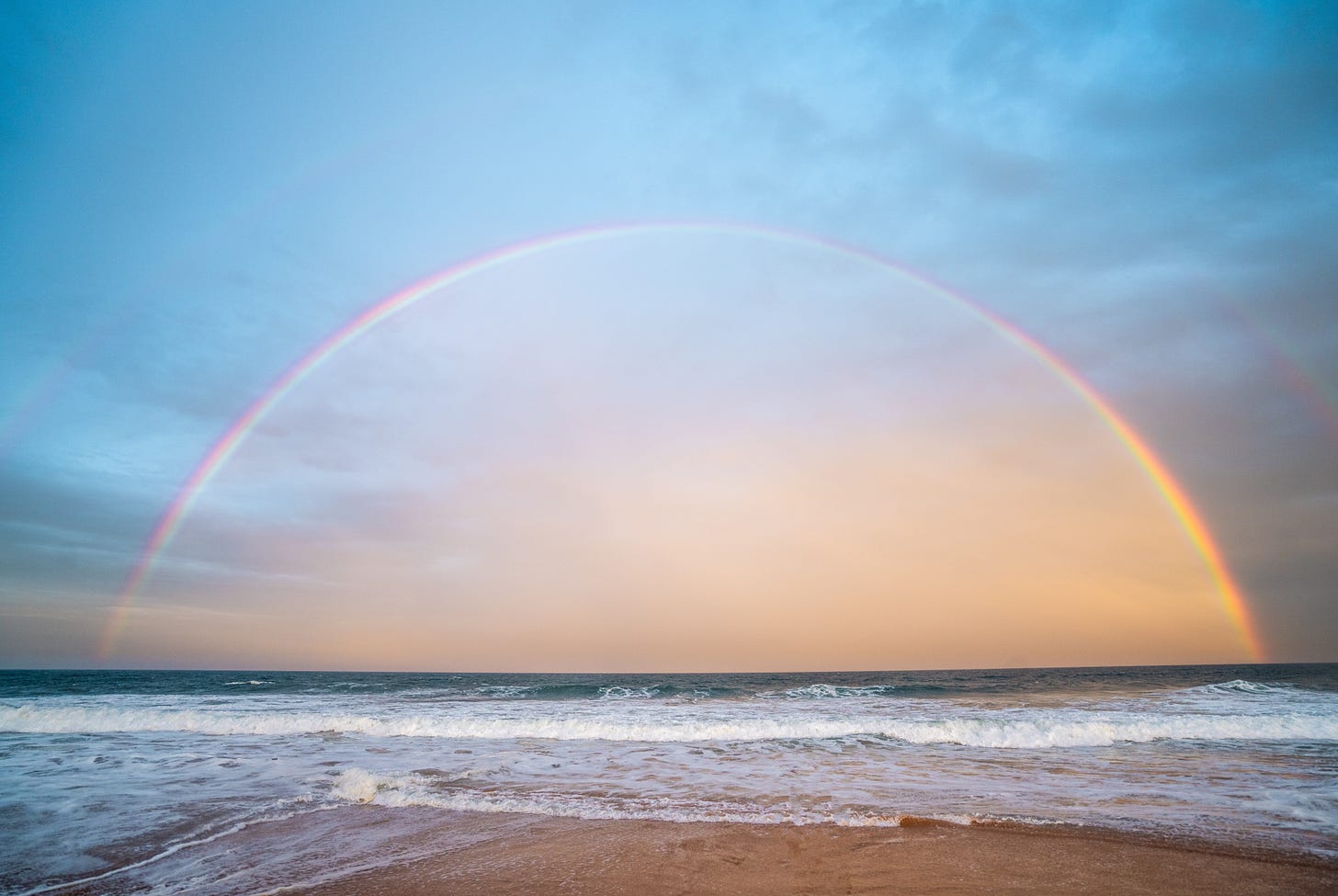Towards a Just Eco-Spirituality
My Talk for the launch of the Decade for Climate Justice by the World Communion of Reformed Church
Welcome! I am Jessica Hetherington, and this newsletter is about faith and climate action. You can subscribe by clicking here:
Happy anniversary to Following in the World! On June 5, 2022, which was both World Environment Day and Pentecost Sunday, I officially launched my ecotheology ministry, including my website and this newsletter (which used to be available via Mailchimp). What a year it has been!
To celebrate I am offering 20% off the cost of monthly or annual subscriptions for one year. That is only $6.40/mo CAD, or $64/yr CAD. Celebrate with me by upgrading your subscription! Do so soon - this offer is available for the next two weeks only.
Also to celebrate, I have unlocked today’s post! It is available to all subscribers for a short time. Please read and share widely. Upgrade to a paid subscription to see every Tuesday post unlocked.
Today’s Reflection
The World Communion of Reformed Churches (WCRC) launched their Decade for Climate Justice yesterday, June 5, which wa World Environment Day: http://wcrc.ch/news/webinar-to-launch-decade-for-climate-justice.
The WCRC represents 100 million Christians in churches in the Reformed tradition around the world. These include Congregational, Presbyterian, Reformed, United, Uniting, and Waldensian churches. The WCRC supports them in promoting unity, mission, theology, and justice in more than 105 countries.
As part of their commitment to justice, the WCRC has declared the Decade for Climate Justice, recognizing the increasing urgency of responding to the climate emergency around the globe. The theme is “Learning from the Earth; Witnessing for Climate Justice”.
“The WCRC’s Decade for Climate Justice will see the Communion increase awareness of the necessity of action on climate justice, promote blue/green churches among WCRC members, drive the ecumenical movement to note the interconnections between ecology and economy, promote solidarity with vulnerable communities that are adversely impacted by climate injustice, and emphasize a spiritual and practical awareness of living simply and in voluntary poverty that are grounded in the ideas of degrowth.”
I have been appointed the North American delegate to the Climate Justice Core Group of the WCRC. I was invited to help launch the Decade for Climate Justice by being a panelist on yesterday’s webinar. I joined three other fantastic panelists and participants, and look forward to watching the webinar, which you can find on the WCRC’s YouTube channel here.
In the meantime, here the text of the talk that I gave. I was asked to speak on the topic, “Towards a just eco-spirituality.”
Towards a Just Eco-Spirituality
Introduction
As we move into this decade for climate justice, we are recognizing that the climate crisis has become the defining issue of our time. It is an existential emergency that brings every other issue facing humanity and the entire Earth community into its fold. There is no other justice issue, no other humanitarian issue, that isn’t affected and compounded by the climate emergency. Further, we recognize that the climate emergency now affects every single area and aspect of the Earth; there is nowhere that the climate crisis is not.
Finally, we recognize that the climate emergency is the emergency that threatens to end us as a species, to cause the extinction of human beings, without immediate and radical changes to the ways in which we do nearly everything; how we get the energy we need for heating and cooling, building and growing food, and so much more. Many in the world need to consume much, much less than we already do, and so many need to consume more in order to be able to live safe, fulsome lives in community with others. And, we need to change the ways in which we relate to both human and the more-than-human beings with whom we live in remarkably complex ecosystems within the Earth community.
With all of this, then, we recognize, as people of faith, that our spiritualities, the ways in which we seek to walk with God and with others, the ways in which we seek to be whole human beings in a world imbued with the presence of God, are, or should be, intricately connected to the quest for climate justice, a climate justice for all of the Earth community.
The Problem of Worldview
Scholar of Christian spirituality Michael Downey offers us a reminder of what it means to live a deeply spiritual life. He says that in order to do so, “one must cultivate an abiding awareness of levels of reality beyond the self which are not immediately apparent.”[1] This is a helpful definition to keep in mind when we reflect on what has been a pernicious root of the ecological crisis, and especially the climate emergency.
It is helpful because, in talking about awareness of levels of reality, we are able to reflect upon the worldview that has played such a central role in getting us into the mess we are in right now with respect to the climate crisis. Worldview is how we attempt to name and frame our reality. Worldview is how we ask, and answer, the questions of who we are, what the world is, where we have come from, and where we are going.
The role of worldview is considered, by many ecotheologians such as myself, to be central to understanding the problem of the ecological crisis. This is because worldview actually informs the actions that we take in the world, how we move through the world. They impact the choices we make, collectively, on how to live together, how to function. They impact, among many other things, our spiritualities.
How we understand who we are, how we define the world and what it means, and how we comprehend where we came from, and imagine where we are going – all of this informs and shapes our actions in the world, and shapes the way we seek to be whole human beings in a world of mystery.
The dominant worldview today, however, that is at the root of dominant interpretations within Christianity, is a disordered one wherein we see humans as divorced from and superior to the rest of the natural world. This is the mainstream worldview that has functioned, and is continuing to function, throughout the world, and is foundational to the history of colonization, white supremacy, misogyny, as well as attitudes toward the natural world.
Such an understanding was developed from the sciences of Rene Descartes, Frances Bacon, Isaac Newton, and others, from whom Christian scholars and other thinkers in the global North inherited an understanding of knowledge and progress as a linear trajectory forward, and the isolation of fields of study from one another. It was all based on the idea that the physical world is devoid of meaning, and is there to be conquered and mastered by human beings. Progress is measured, among other things, by how thoroughly we are able to conquer and master the material world around us.
This has had devastating repercussions for the natural world, as we know by now. This approach has led to a dominant worldview of radical discontinuity from the rest of the natural world, where humans see ourselves as somehow separate from the life systems of the planet, with all rights given to ourselves.
The problem with this kind of worldview is that it affects how we feel about ourselves, others and God, and directly impacts how we act in the world. It affects, among other things, our spirituality; how we walk with God and others in the world in the search for integration of self, God and other.
The Solution of Worldview
What this means, then, among other things, is that if we are to effectively respond to the ecological crisis, and most urgently the climate emergency, then we must address the problem of this disordered worldview. And, if we are to seek a just eco-spirituality, as I have been asked to address today, this is particularly necessary.
For decades now, ecotheologians have been looking for an alternative framework that can reorient human beings in relation to the natural world with a more constructive, ecological worldview, something that can reshape our beliefs and actions to be harmonious with all of creation, and healing of ecological devastation.
To be sure, such an ecological worldview has existed for many generations within the Earth community, particularly within Indigenous communities across the globe. It has also existed in earlier forms of Christian spirituality. However, it has been the dominant worldview that has developed out of a particular stream of Euro-Western Christian thought and philosophy that has brought us to this place where it is now-or-never with respect to climate justice.
One scholar who sought to develop an ecological worldview that could function to ground an Earth healing spirituality was Thomas Berry, a priest and cultural historian who called himself a ‘geologian,’ a theologian of the Earth. In his work, he called for a ‘new cosmology’ rooted in the understanding of the 13.8-billion-year emergent universe. He presents a richly layered understanding of humanity and our place in the universe, and the central importance of worldview to our being and acting on the Earth.
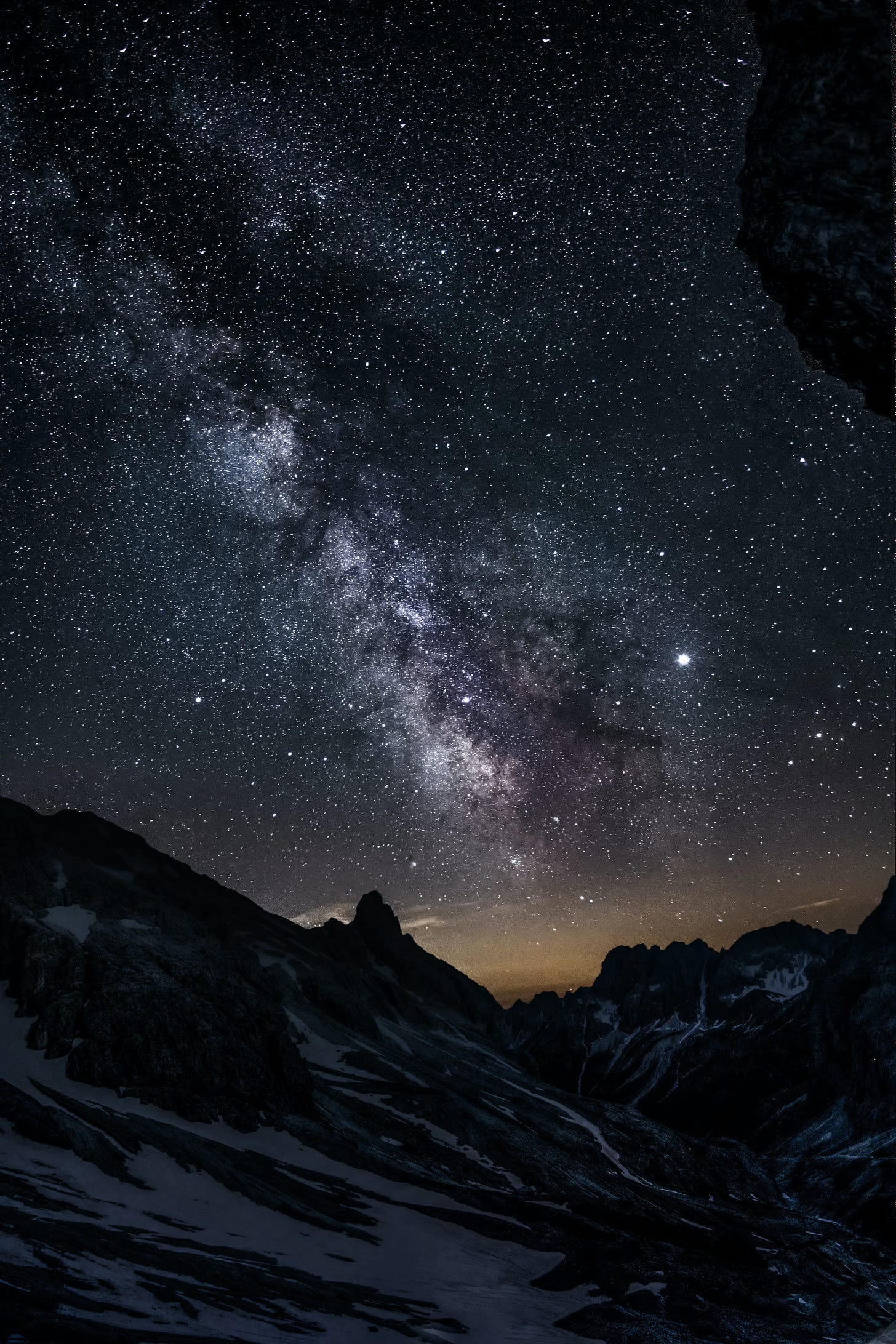
His is a deeply rich, complex theology; its bottom line is that all human ways of understanding must be reoriented within the observable order of things. For Berry, and others with him, Christianity, and the entire Euro-Western religious-spiritual tradition, needs to renew itself in relation to the ways that the ecosystems of the planet Earth function.[2] In other words, it is about a reshaping of religious traditions in light of what we know about the functioning of the Earth and the scope and reach of the ecological crisis, rather than trying to understand those things within the constructs of religion, which is what we have been doing for thousands of years. This is a radical shift in perspective.
It is out of a rich worldview like this, a new cosmology, that Christians can reflect upon the integrity of the Earth’s ecosystems, and the place of the human as a species within them, and so begin to develop a Christian way of looking at things. As people of faith, as Christians seeking to work for climate justice, and to restore our place in the Earth community in ways that are healing, not harming, we need this kind of ecological worldview.
We need it desperately, because the current worldview, the one of radical discontinuity from the rest of the natural world, where humans see ourselves as somehow separate from the life systems of the planet, with all rights given to ourselves, has been utterly devastating for the natural world.
It has also been devastating for our spiritualities and for the spiritual traditions within the church. When we see ourselves as separate from and superior to the natural world around us, then we deny the scientific reality of evolution, and the way that human beings have emerged into an incredibly complex, interconnected and interdependent web of all that exists. Further, we then deny that God created all of creation, all of it, through the engine of evolution, and as we affirmed in our first creation story, that God called it good.
When we deny these two truths, the truth of science and the truth of God as creator of all, then, returning to Dr. Downey’s definition of spirituality, we are unaware of “levels of reality beyond the self which are not immediately apparent.”
If we, as people of faith, as Christians, seek climate justice in this world, in God’s good creation, then we need to develop an eco-spirituality that reflects what we now know about the Earth community. We need to develop an eco-spirituality that seeks to become ever-more aware of the ways in which we are in community with all of life and what sustains it here on Earth. We need to become ever-more aware of the harms that we have caused to the Earth, especially through the climate crisis, and be able to listen to the cries of the Earth community.
And, we need to move toward a just eco-spirituality that can ground us in God, help us to hear God’s call of discipleship on our lives, and spur us to action, so that we can use all of our time, talents and treasures toward the radical and transformative climate justice that we need now, today. Let us all, each one of us in community, move forward in faith, in truth, and in justice, on this eco-spiritual path. May it be so. Thanks be to God.
[1] Michael Downey, Understanding Christian Spirituality (New York: Paulist Press, 1997), 20.
[2] Thomas Berry, The Dream of the Earth (San Francisco: Sierra Club Books, 1988).


